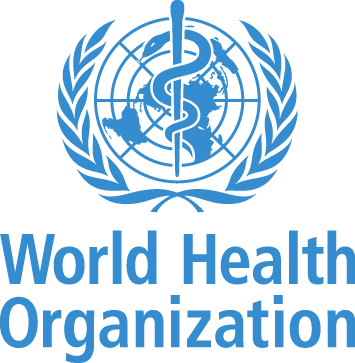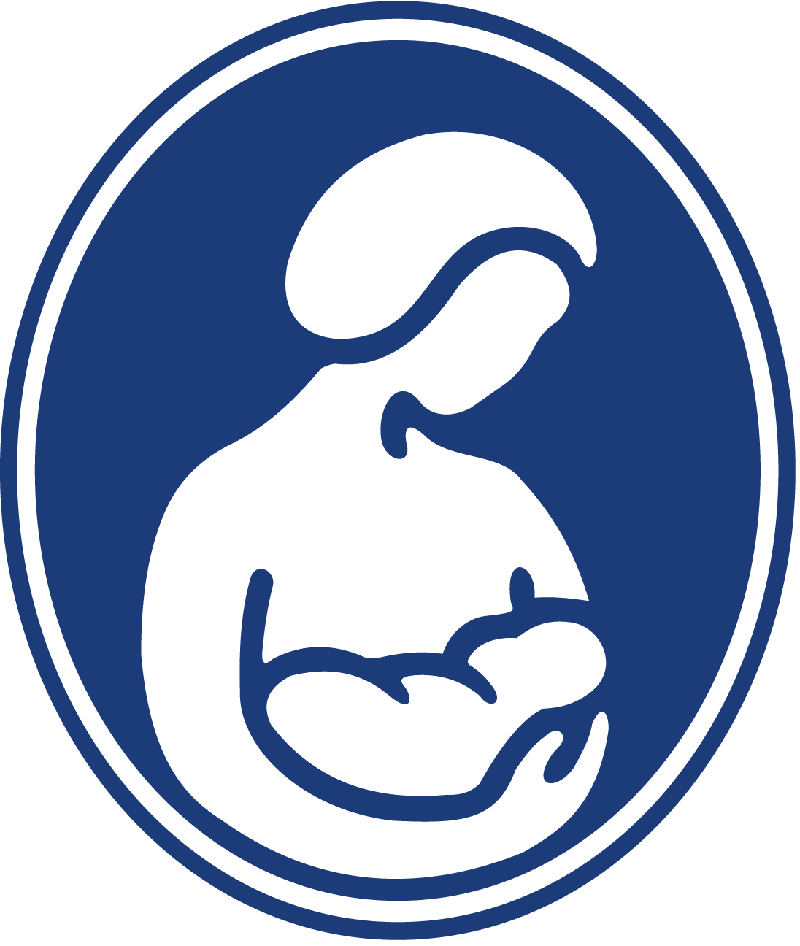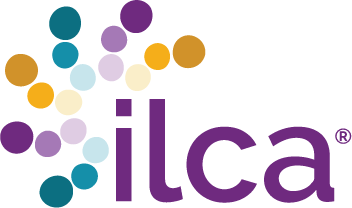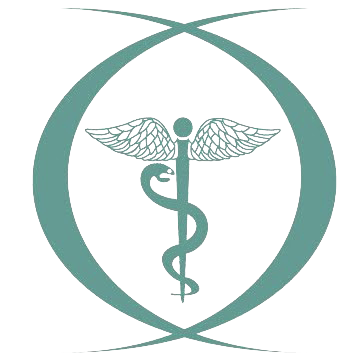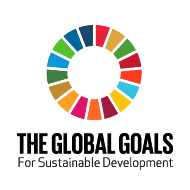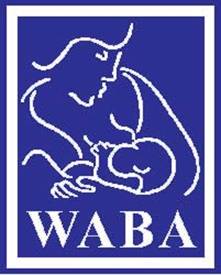In September 2015, the world's leaders committed to 17 goals aimed at ending poverty, protecting the planet and ensuring prosperity. Together, they form the
Sustainable Development Goals.
We all have a part to play in achieving these goals by 2030.
The World Breastfeeding Week 2016 theme is on raising awareness of the links between breastfeeding and the Sustainable Development Goals. By recognizing that breastfeeding is a key to sustainable development, we will value our wellbeing from the start of life, respect each other and care for the world we share.
Sustainable Development Goals.
We all have a part to play in achieving these goals by 2030.
The World Breastfeeding Week 2016 theme is on raising awareness of the links between breastfeeding and the Sustainable Development Goals. By recognizing that breastfeeding is a key to sustainable development, we will value our wellbeing from the start of life, respect each other and care for the world we share.
"Breastfeeding is not only the cornerstone of a child’s healthy development; it is also the foundation of a country’s development."
- Read the UNICEF & WHO WBW Message
THEME
This year's WBW theme is Breastfeeding: a key to Sustainable Development. 2016 commemorates the start of the Sustainable Development Goals (SDGs). A broad approach using the sustainability theme is thus relevant and inclusive.
By linking breastfeeding to the SDGs, the breastfeeding movement (and beyond) will be able to connect with a variety of development issues over the next 15 years (by 2030) for maximum impact.
WBW materials cover the main links between breastfeeding and the SDGs along 5 broad themes (1) nutrition/food security, 2) health, well-being and survival, 3) environment and climate change, 4) work productivity, empowerment, social protection, and 5) sustainable partnerships and rule of law.
By linking breastfeeding to the SDGs, the breastfeeding movement (and beyond) will be able to connect with a variety of development issues over the next 15 years (by 2030) for maximum impact.
WBW materials cover the main links between breastfeeding and the SDGs along 5 broad themes (1) nutrition/food security, 2) health, well-being and survival, 3) environment and climate change, 4) work productivity, empowerment, social protection, and 5) sustainable partnerships and rule of law.
LOGO
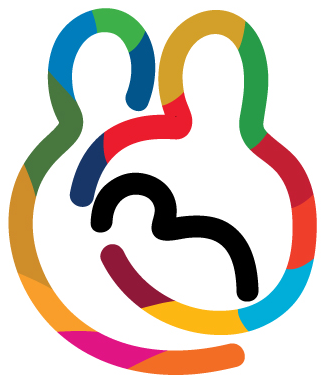 About the new World Breastfeeding Week logo
About the new World Breastfeeding Week logoOur new WBW Logo
The link between breastfeeding and each of the SDGs may be obvious to breastfeeding advocates, but as an alliance, we need to reach out to others working on SDGs, to share these links and to make common cause.
The logo depicts a 'triad' of two adults and an infant, which reinforces the importance of support. The proportions and forms between the two adults have been equalised to symbolise equity and the collaborative act of nurturing. The new WBW design shows an affinity with the SDG campaign, but places the infant and carers at the centre.
The logo was designed by Ammar Khalifa and commissioned by WABA which owns the copyright.
COPYRIGHT NOTICE
 COPYRIGHT NOTICE:
WABA asserts all rights under the Berne Convention over the image known as SDG-WBW, displayed here. This copyright is subject to fair use, with appropriate attribution to WABA. The image may be used in celebrating World Breastfeeding Week and other activities related to the protection, promotion and support of breastfeeding. The image must not be changed in any way or used in any way that damages WABA's reputation, whether by content, context or association. Permission must always be sought before the image is used in any commercial activity. The image known as SDG-WBW must not be used in any activity sponsored by companies producing or marketing breastmilk substitutes, related equipment and complementary foods. WABA encourages the reporting of any breach of this ethical stance to [email protected]
COPYRIGHT NOTICE:
WABA asserts all rights under the Berne Convention over the image known as SDG-WBW, displayed here. This copyright is subject to fair use, with appropriate attribution to WABA. The image may be used in celebrating World Breastfeeding Week and other activities related to the protection, promotion and support of breastfeeding. The image must not be changed in any way or used in any way that damages WABA's reputation, whether by content, context or association. Permission must always be sought before the image is used in any commercial activity. The image known as SDG-WBW must not be used in any activity sponsored by companies producing or marketing breastmilk substitutes, related equipment and complementary foods. WABA encourages the reporting of any breach of this ethical stance to [email protected]
Objectives of WABA World Breastfeeding Week 2016
 INFORM
INFORMTo inform people about the new Sustainable Development Goals (SDGs) and how they relate to breastfeeding and Infant and Young Child Feeding (IYCF).
 FIRMLY ANCHOR
FIRMLY ANCHORTo firmly anchor breastfeeding as a key component of sustainable development.
 GALVANISE
GALVANISETo galvanise a variety of actions at all levels on breastfeeding and IYCF in the new era of the SDGs.
 ENGAGE
ENGAGETo engage and collaborate with a wider range of actors around promotion, protection and support of breastfeeding.
Sustainable development is essentially about ecology, economy and equity.
Click here to to view possible links between each of the Sustainable Development Goals (SDGs) and Breastfeeding.
NO POVERTY
Breastfeeding is a natural and low-cost way of feeding babies and children. It is affordable for everyone and does not burden household budgets compared to artificial feeding. Breastfeeding contributes to poverty reduction.
ZERO HUNGER
Exclusive breastfeeding and continued breastfeeding for two years and beyond provide high quality nutrients and adequate energy and can elp prevent hunger, undernutrition and obesity. Breastfeeding also means food security for infants.
GOOD HEALTH AND WELL
BEING
Breastfeeding significantly improves the health, development and survival of infants and children. It also contributes to improved health and wellbeing of mothers, both in the short and long term.
QUALITY EDUCATION
Breastfeeding and adequate complementary feeding are fundamentals for readiness to learn. Breastfeeding and good quality complementary foods significantly contribute to mental and cognitive development and thus promote learning.
GENDER EQUALITY
Breastfeeding is the great equaliser, giving every child a fair and best start in life. Breastfeeding is uniquely a right ofwomen and they should be supported by society to breastfeed optimally. The breastfeeding experience can be satisfying and empowering for the mother as she is in control of how she feeds her baby.
CLEAN WATER AND SANITATION
Breastfeeding on demand provides all the water a baby needs, even in hot weather. On the other hand, formula feeding requires access to clean water, hygiene and sanitation.
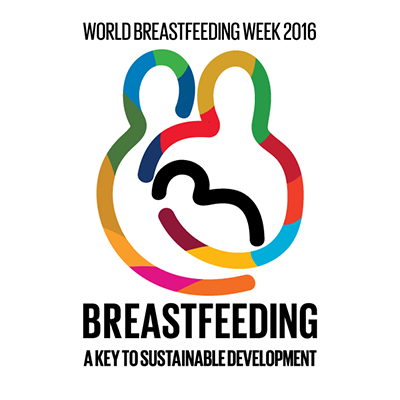
AFFORDABLE AND CLEAN ENERGY
Breastfeeding entails less energy when compared to formula production industries. It also reduces the need for water, firewood and fossil fuels in the home.
DECENT WORK AND ECONOMIC GROWTH
Breastfeeding women who are supported by their employers are more productive and loyal. Maternity protection and other workplace policies can enable women to combine breastfeeding and their other work or employment. Decent jobs should cater to the needs of breastfeeding women, especially those in precarious situations.
INDUSTRY, INNOVATION AND INFRASTRUCTURE
With industrialisation and urbanisation the time and space challenges become more prominent. Breastfeeding mothers who work outside the home need to manage these challenges and be supported by employers, their own families and communities. Crèches near the workplace, lactation rooms and breastfeeding breaks can make a big difference.
REDUCED INEQUALITIES
Breastfeeding practices differ across the globe. Breastfeeding needs to be protected, promoted and supported among all, but in particular among poor and vulnerable groups. This will help to reduce inequalities.
SUSTAINABLE CITIES AND COMMUNITIES
In the bustle of big cities, breastfeeding mothers and their babies need to feel safe and welcome in all public spaces. When disaster and humanitarian crises strike, women and children are affected disproportionately. Pregnant and lactating women need particular support during such times.
RESPONSIBLE CONSUMPTION AND PRODUCTION
Breastfeeding provides a healthy, viable, non-polluting, non-resource intensive, sustainable and natural source of nutrition and sustenance.
CLIMATE ACTION
Breastfeeding safeguards infant health and nutrition in times of adversity and weather-related disasters due to global warming.
LIFE BELOW WATER
Breastfeeding entails less waste compared to formula feeding. Industrial formula production and distribution lead to waste that pollutes the seas and affects marine life.
LIFE ON LAND
Breastfeeding is ecological compared to formula feeding. Formula production implies dairy farming that oft
en puts pressure on natural resources and contributes to carbon emissions and climate change.
PEACE AND JUSTICE STRONG INSTITUTIONS
Breastfeeding is enshrined in many human rights frameworks and conventions. National legislation and policies to protect and support breastfeeding mothers and babies are needed to ensure that their rights are upheld.
PARTNESHIPS FOR THE GOALS
The Global Strategy for Infant and Young Child Feeding (GSIYCF) fosters multi-sectorial collaboration, and can build upon various partnerships for support of development through breastfeeding programs and initiatives.
WABA's work, including World Breastfeeding Week, is made possible through the generous support of Sida, the Swedish International Development Cooperation Agency.
In coordinating World Breastfeeding Week, WABA works closely with many organisations and individuals. Our partners in this effort include the United Nations Children's Fund (UNICEF), World Health Organisation (WHO), as well as our core partners : the Academy of Breastfeeding Medicine (ABM), International Baby Food Action Network (IBFAN), International Lactation Consultant Association (ILCA), La Leche League International (LLLI) and Wellstart International.
WABA does not accept sponsorship of any kind from companies producing breastmilk substitutes, related equipment and complementary foods. WABA encourages all participants of World Breastfeeding Week to respect and follow this ethical stance.
In coordinating World Breastfeeding Week, WABA works closely with many organisations and individuals. Our partners in this effort include the United Nations Children's Fund (UNICEF), World Health Organisation (WHO), as well as our core partners : the Academy of Breastfeeding Medicine (ABM), International Baby Food Action Network (IBFAN), International Lactation Consultant Association (ILCA), La Leche League International (LLLI) and Wellstart International.
WABA does not accept sponsorship of any kind from companies producing breastmilk substitutes, related equipment and complementary foods. WABA encourages all participants of World Breastfeeding Week to respect and follow this ethical stance.


